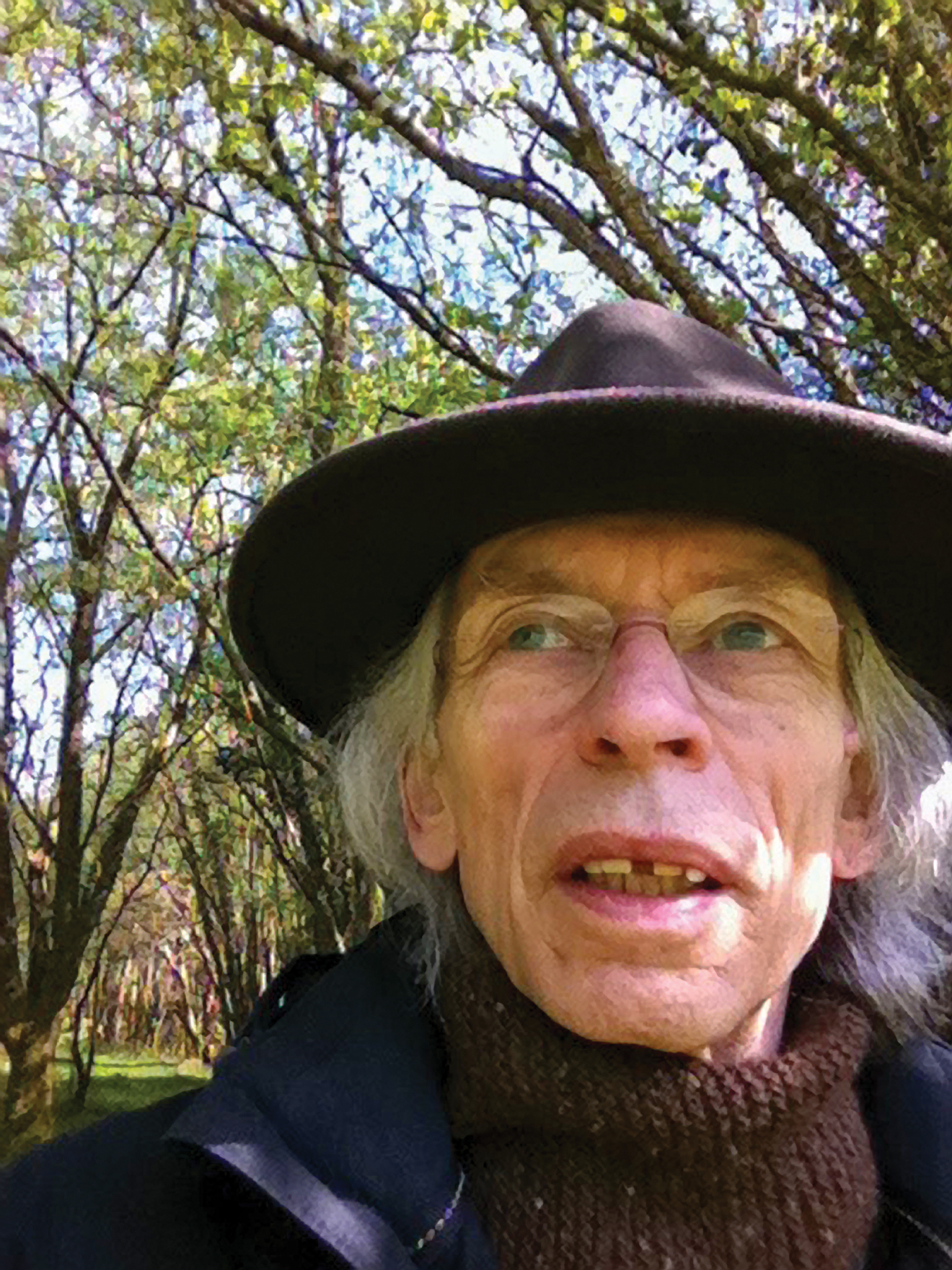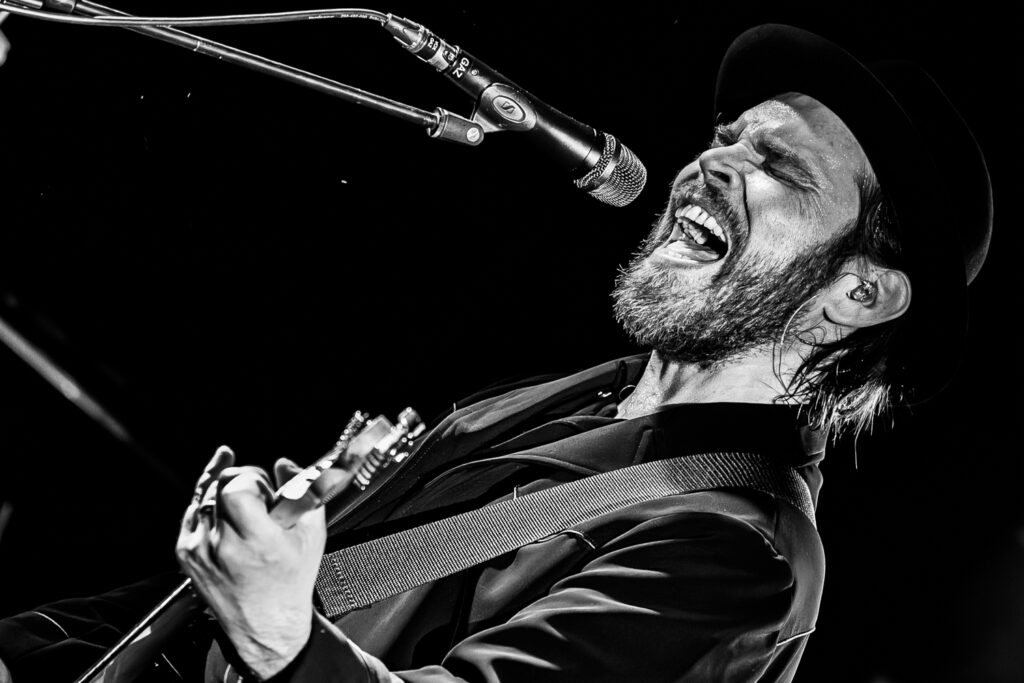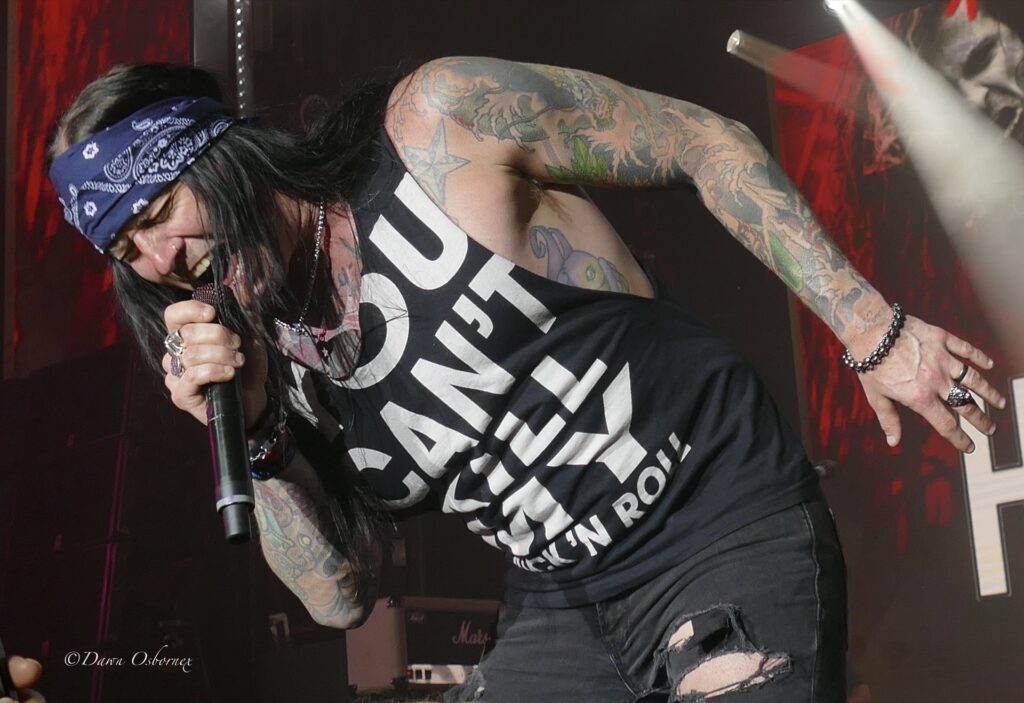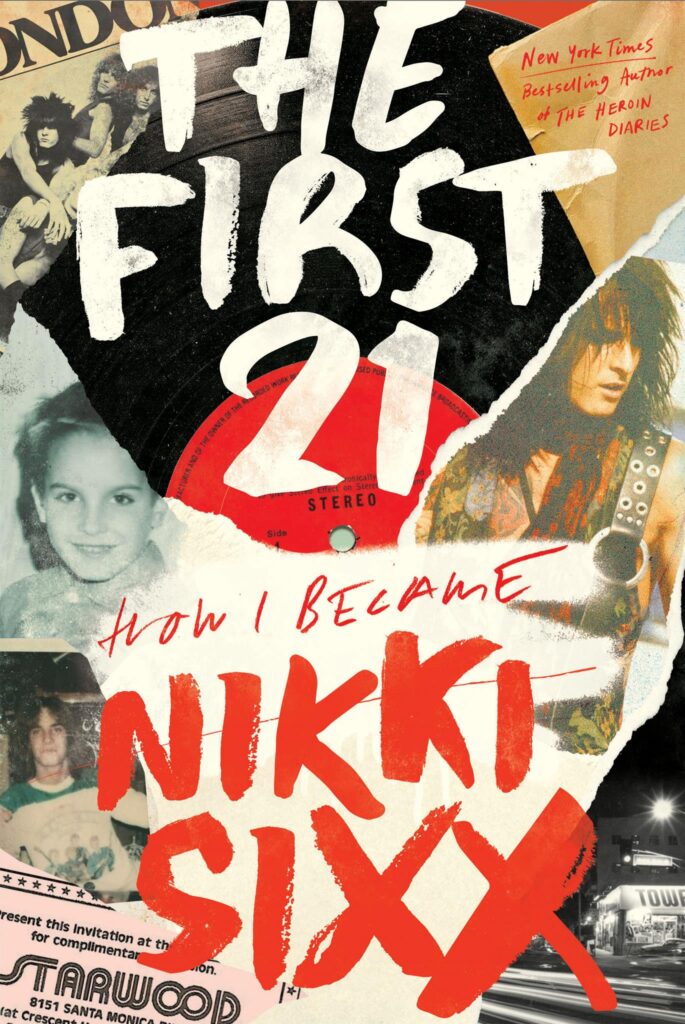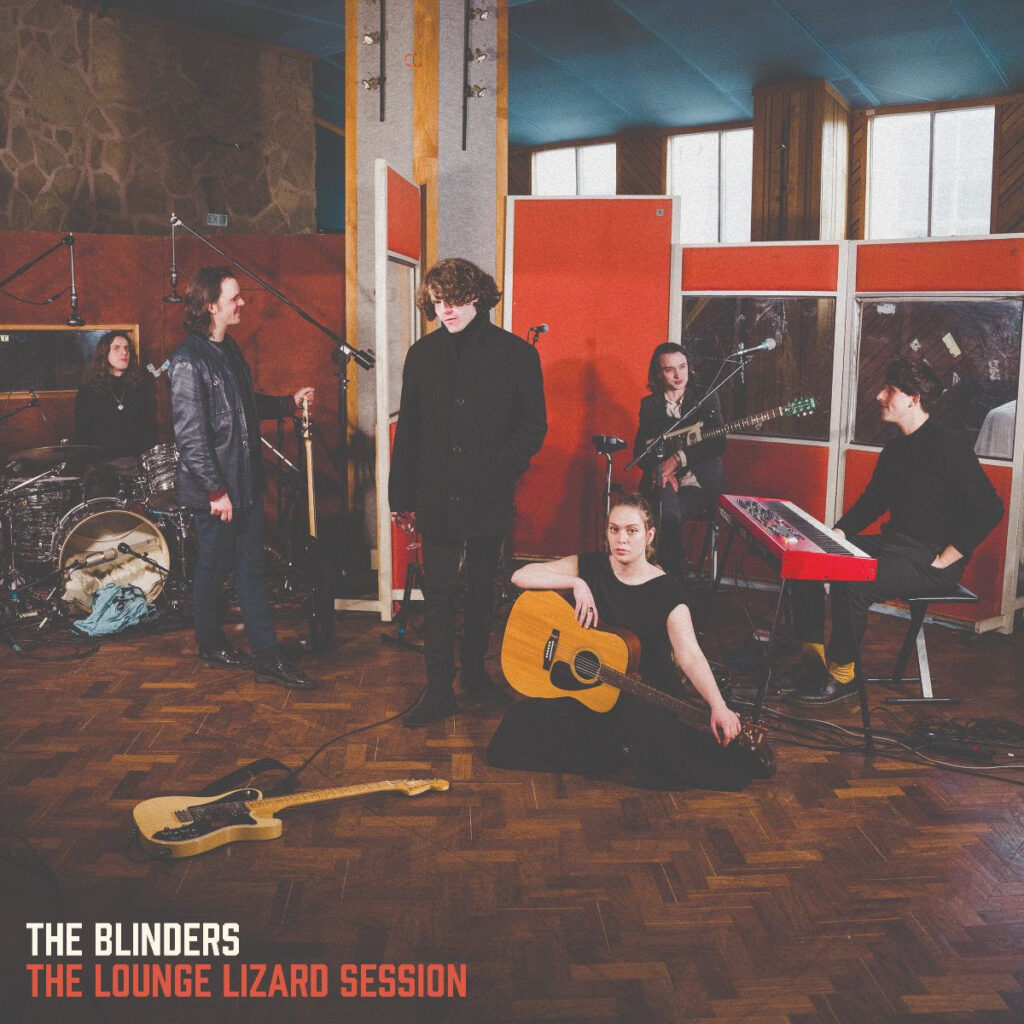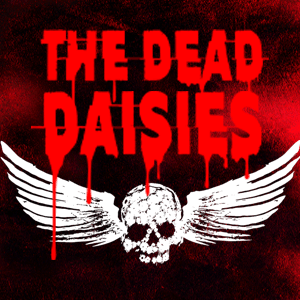Interview with Steve Howe from Yes and Asia
Written by Dawn Osborne on June 16, 2021
DO: I’m delighted to be talking to Steve Howe of Yes And Asia fame. Steve, let everyone know how you are!
SH:Doing very well. Thank you, Dawn! Not so bad. You know, had the obstacles everybody else’s had. But you know, keeping my pecker up as they say.
DO: How have you been during the pandemic?
SH: Well, I’ve found a sort of busyness that I could adopt, you know, the energy I usually put into touring, certainly has gone into writing and recording. So you know, I’ve been fairly active in that way. And I’m lucky to have my own studio and been busy writing, recording and finishing up different things.
DO: Now, I’ve been lucky enough to hear your new solo album, ‘Homebrew 7’. Could you give people a little bit of an intro on it and where it sits in the Homebrew series?
SH: Well, so far, Homebrew has been exclusively about the pre recording tapes, the writing, inventing songwriting, demos that I do which quite often get used by the bands you mentioned, eg Yes, but also, sometimes wind up in my solo career. The difference with ‘Homebrew 7’ is that I found a backlog of some quite nice music. And I suddenly thought, well, it all kind of fits together in a story from the late 70s into the mid 2000s, so I basically just compiled music that I had and thought that it wasn’t perhaps really what I wanted to do on my next solo album proper, but I thought I’d clear it completely and demonstrate the other music that I do, while other things have been going on.
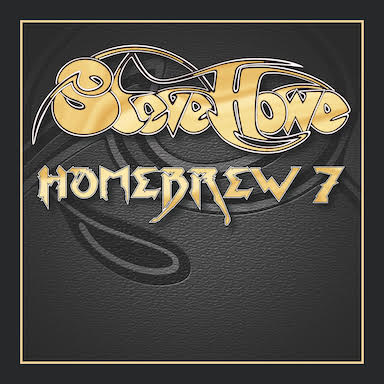
DO: As I was listening I was thinking Steve is actually very properly described as a composer in the old fashioned sense, is that something that you identify with?
SH: Yes. When I started learning the guitar, progress on the guitar was also progress in writing. So, I didn’t know I’d write songs that wasn’t really part of the story at first, but I just kind of learned, you know, something about the trade and the work and the fact that you have an idea quite often, from lyrics or melody that will just come to you, it’ll come out of improvisation or come out of a thought process. And then the hard work begins, you know, making that a worthy proposition and expression of my ideas at any one time.
DO: I mean, I think a measure of music is how it makes you feel, and all I can tell you, I was listening on the tube, and it was hot and crowded, and, you know, it made me feel ‘Life is good’. And it calmed me down when I was late for a meeting. So, you know, that, I thought it was absolutely lovely, actually. So, you know that was just my reaction to it. And I wanted you to know,
SH: Some of them I knew about, you know, they were always things I’d kept a little bit preciously. But you know, that album it’s something that expresses a lot for me in particular. As I’ve rambled through, you know, all the different formats that music’s been in the last 30 years:cassettes, and then a track recording and CDs and records and all that kind of thing, taken from different eras, and different sources of recording what I tend to try and do is I don’t over polish them, I don’t dig into them too deep, but I kind of freshen them up, if they need it or I just look at the mastering and just try and get them to be some sort of a story …which is also added to by my photographic input that’s always been part of my Homebrew experience. I’m not a photographer, so to speak. But I like unusual pictures. Sometimes they have a style, you know, sometimes it’s nature oriented or travel or it’s weird stuff, really, I think the weird stuff with Homebrew works quite well. But this time I think we kept it sort of naturalistic.
DO: Also, it’s the 40th anniversary of Asia how does that feel?
SH: Well, I mean, we started in 1981, John Wetton and I got together, we were both at a loose end. And I’m not usually at a loose end for very long. So it was only a couple of months after Yes putting the brakes on, after the drama, everybody was going off in different directions. And then before I knew I was playing with John Wetton. And then yeah, we introduced Carl Palmer to it. And then I told them I’ve got used to a powerful high tech kind of keyboard level with Geoff Downes. So that put the group together. And then we met Mike Stone, and we recorded the album. And you know the rest is history, but really, you know, we got off to such a great start that it was a shame we couldn’t kind of continue in that path. But we picked it up again ..
DO: And that’s when the new box set kind of comes in. There’s a new five CD box set, recording that period. Give us a little bit of background to that.
SH: Geoff called me late in 2006 so we met and we seemed to hit it off. And there seem to be some sort of rekindled enthusiasm, there was a great reaction from Japan and America, and worldwide, really, Europe as well that Asia would come back with its original members and do some stuff. And then lo and behold, we went on to do three albums together. And the other double album that’s in the box set is the live show that we did from Japan, which was a fairly big opening for us going back to Japan, as the original members. So that’s the story, you know. I mean, by the time 2012, came along, 2013, I was divided. Because Yes had kicked off, and it all seemed to be going on with two bands. And I’ve never really had that situation before, after several years, and several albums, and several tours, and several, you know, trips to rock it out with, with Asia, it was a very highly productive period. But then in 2012 I spilled the beans that I thought it was just too much. And I wanted to get back to my solo work and my trio and I couldn’t see Asia through any further.
DO: Indeed but the new box set is a record of the reunion period. Just talking a little bit about the double live Tokyo recording that’s on that box set. It’s quite a lot of tracks from the Asia and Alpha albums, and it’s also got a few heritage tracks from the band’s individual histories. And, again, you know, some sort of slightly special things like the ‘Ride Easy’ B Side. So just just give people a little bit of your reaction to that recording why that recording was chosen. And you know, the snapshot, it gives people.
SH: Often the band plays music from the individual members. And we thought that was quite a nice twist on Asia. You know, we were happy to play the first album and some tracks from Alpha, like you mentioned, but basically, there was more to the story of Asia. And we picked a theme from our careers, sort of teased the audience with them and it was very popular. And when I first heard that those tracks were going to be included, you know, I took a closer listen. And I was quite pleased with the recording and the balancing in those concerts. And you can tell we were back on form.
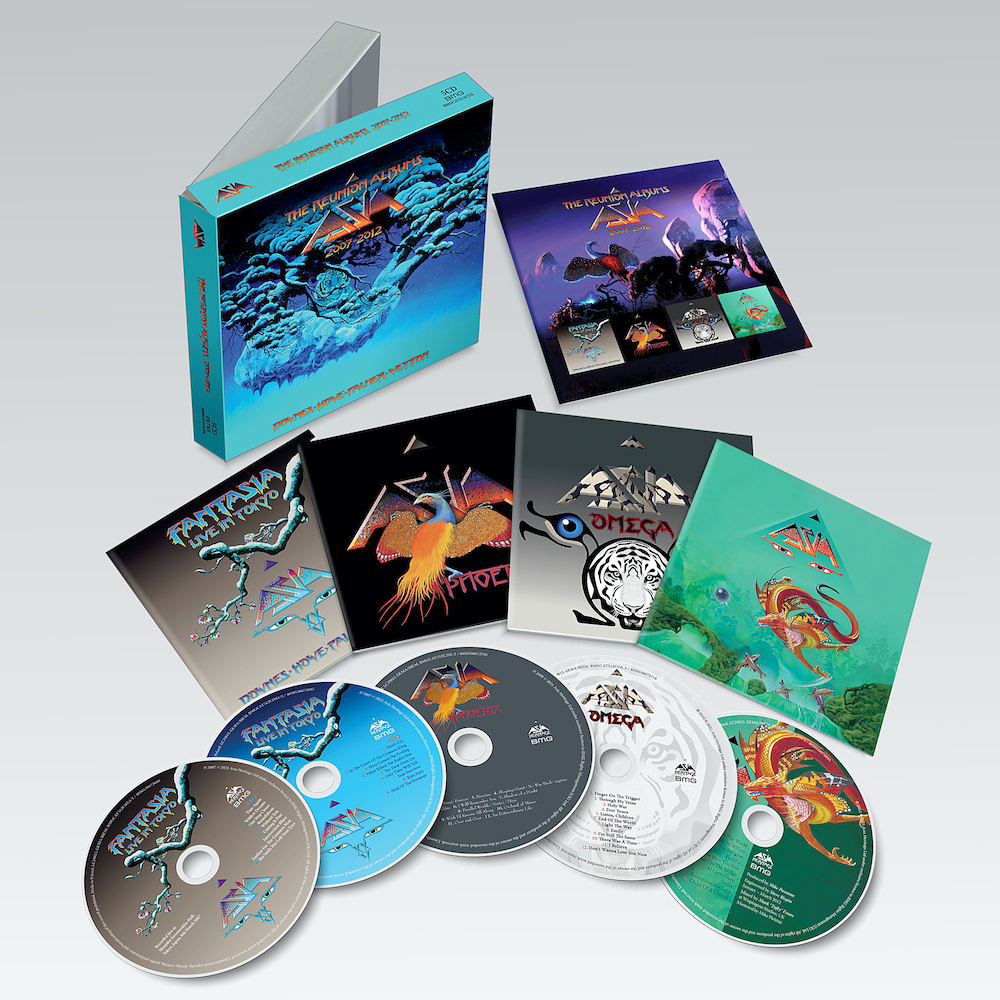
DO: Absolutely. Now, you mentioned you stepped back from Asia, but you did play with them in 2019 as a special guest, is that at all likely to continue?
SH: On the Yes tour where Asia opened for Yes we found a way of making that work. I did a 20 minute spot and that was, you know, something that I felt very proud of that I could, in one evening play Asia material also. So that was a win win for me.
DO: So it might happen again, if the opportunity arose?
SH: Yeah, I mean, you know, there is something about next year, but you know, I can’t say for certain. It was a nice way that we did it where Bumblefoot was playing with them in the other music they wanted to do and then he stepped back on the guitar and just became the vocalist, which he is very, very good at and I stepped in on the guitar. So that was a quite a happy experience. So maybe there’s a formula there that we could repeat.
DO: Finally, bring everybody up to date with what’s happening in the Yes camp. Because there’s been quite a bit of activity lately.
SH: We haven’t announced what we’re up to. And I’m not really able to say what we’re up to until it is announced. Obviously, we’ve had to wrestle with the disappointment of the 2020 European Tour, we’ve got to move it on to 2022. So a lot of our energy and efforts have been to keep that on a stable footing, and still maintain the concept that we will feature an album series tour that we’ve done many more of, we’re doing another one where we’re going to feature the very eclectic album ‘Relayer’. So we’ve got half that album very much under our belt, and we were about to start rehearsing. So we’ll get that up running. And, you know, we’ll be back to do that. And, you know, those dates are out mid April through to the beginning of June 2022, I believe. It’s a full on tour that will have some breadth to it, we’ll have some other popular music of ours, but it will also carry the the ‘Relayer’ story if you like.
DO: And what’s next for you?
SH: It was nice that in 2019, I finished my book, ‘All My Yesterdays’ a biography of my own. But also I’ve recorded ‘Love Is’, which came out in July last year, which is a pretty serious piece of work that Jon Davison of Yes actually helped me a little bit on because he did the backend harmonies, and he did the bass on the songs that are on it. But the album’s split between songs and equally between songs and instrumental, which allowed my son to drum all the music. And so that was highly collaborative, so I’m always thinking that my next project, for my solo studio, fresh new album, will be something different, you know, and that’s what I’m planning to do. Obviously, I’m not gonna say exactly, but I’ve got a nice concept for it that’s different again. So I keep people guessing, I hope and I’ve refused to be either typecast as a rock guitarist, or any kind of particular individual guitar. The great Chet Atkins gave me the idea that the guitar is such a versatile instrument. Many, many people specialize in areas. And I much admire, you know, the classical guitarist, the jazz guitarist, I buy them all. But Chet was a very versatile player, and he was basically a country guitarist, but he did a lot of other things. And I guess that’s why I do, because I didn’t want to be pigeonholed. I didn’t want to be a blues guitarist in particular, although that was very important to me in the 60s and psychedelic came along. And that was more important to me than blues. And then when Prog came along, the whole world of keyboards opening up and I think the guitar was kind of echoing that opportunity saying Well, okay, I’ll have a steel guitar here, and the mandolin now etc. So the guitar family is basically what I’m interested in playing not just the guitar and not just with one sound or texture (although that’s very identifiable and I have tried to allow some identity in the acoustic work or the steel guitar work, or the electric guitar work.) So basically, I don’t know what I want to be. Yeah, where I want to be is kind of all things to myself, you know, it’s not that I’m trying to kind of move into other people’s areas. But I enjoy that that breadth of stylistic freedom. And I guess that word freedom, that is what music is to me. It’s the freedom to find what I want to do and you know, I’ve been very successful. So I don’t intend to change my ways. So I’m going to be a bit of a surprise, that makes it more fun, because I don’t really want to record another album that’s the same as another. To keep myself fresh and writing in different styles enables me to hopefully give value to those ideas.
DO: Absolutely. And I experienced that diversity on the ‘Homebrew 7’ album. So I’m looking forward to the next thing that you come up with. Steve, thank you so much for making some time to talk to us. Best of luck, and hopefully everybody will see you soon when you’re able to come back live as well. Not only on studio front.
SH: Yes. Thank you very much. And to all the rest 